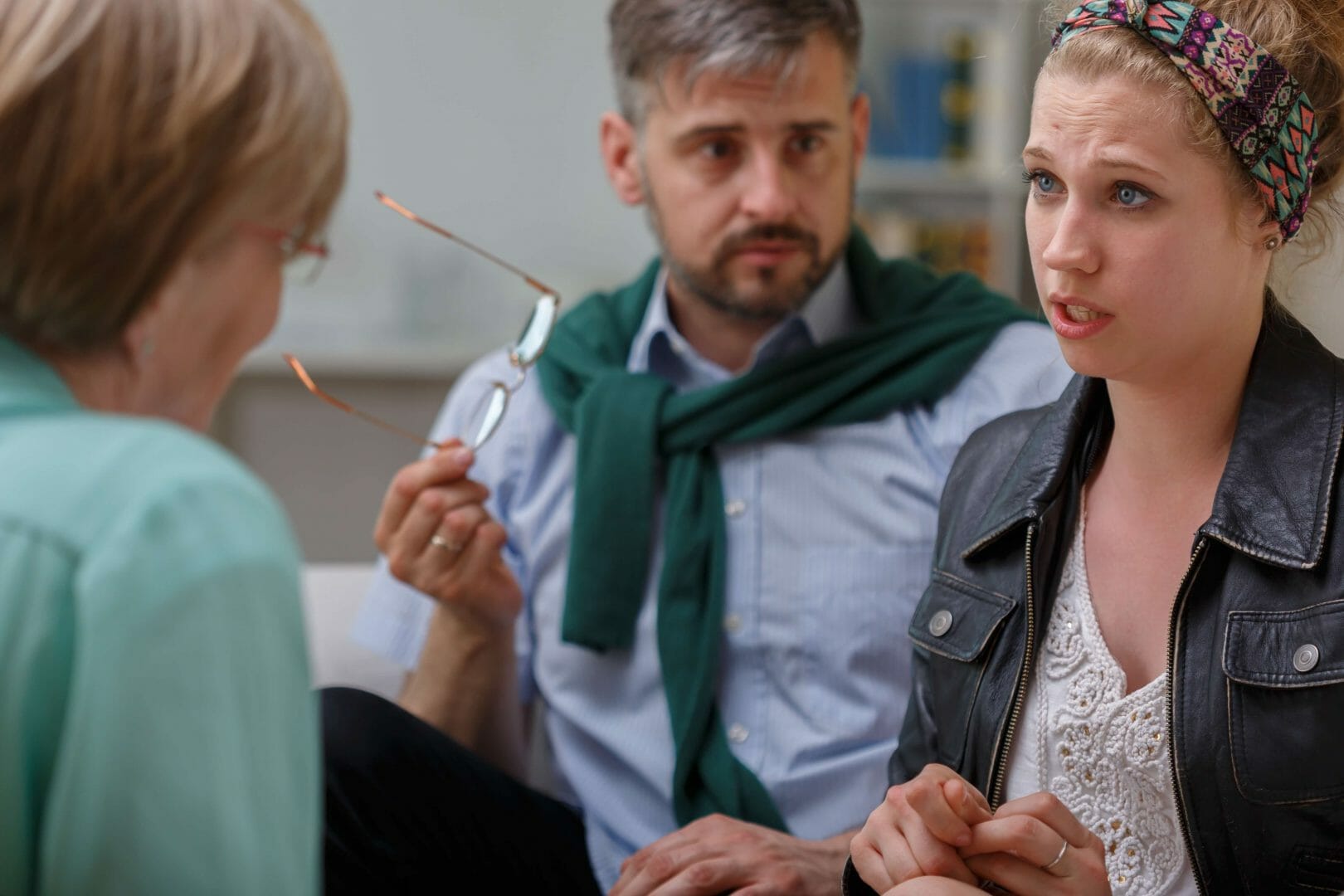
Table of Contents
While most people that drink alcohol will never require alcohol treatment, there are some who will develop an addiction to this chemical substance and who will need a detox and rehab to recover.
Alcohol abuse is a common problem across the UK, but with it being a legal and socially acceptable substance, many people do not realise the harm they are doing to themselves by regularly drinking more than the Governments recommended amounts for safe consumption.
What is Binge Drinking
The Government issued renewed safe alcohol consumption guidelines in January 2016, reducing the weekly limit for men from twenty-one units to fourteen to bring it in line with the existing limit for women. However, it is clear that many individuals across the country are regularly drinking more than this. In fact, some people drink their full weeks allowance or more in one drinking session, which could be causing severe harm to their health and wellbeing.
According to the NHS, binge drinking is classed as drinking lots of alcohol in a short space of time or drinking to get drunk. This is further clarified as drinking more than eight units in one session for men or more than six units for women.
Exceeding the Recommended Limit
According to new figures, around twenty-five per cent of UK adults drank more than the weekly allowance of fourteen units between 2011 and 2014. The data also showed that those living in the North East are the most likely to drink above the recommended guideline amounts.
In this part of the country, thirty per cent of adults regularly drink more than the fourteen units. People in the North West were second at 27.6 per cent.
The figures were obtained from the alcohol consumption statistics of Public Health England and showed that there is a regional variation when it comes to binge drinking in the UK. For example, in London, 13.2 per cent of adults could be classed as binge drinkers as opposed to 22.9 per cent in the North East.
Curbing Consumption
Head of health information at World Cancer Research Fund, Sarah Toule, said, With a worrying one in four adults regularly drinking harmful amounts of alcohol, we urge the Chancellor to take steps in the Budget to help curb consumption. Any amount of alcohol increases the risk of a number of common cancers. In fact, around 21,000 cancer cases could be prevented in the UK every year if no one drank alcohol. If people do drink, we encourage them to be alcohol savvy, for example, adding a low-calorie mixer to your alcohol or having a glass of water in between alcoholic drinks. Its also important to spread your weekly limit over a number of days rather than binge-drinking.”
Drinking to Harmful Levels
The numbers also showed that the amount of alcohol sold in England equated to 19.3 units per week per drinker. In addition, sixty-five per cent of the alcohol bought was sold in supermarkets or off-licences and not in pubs or clubs.
Chair of the Alcohol Health Alliance, Professor Sir Ian Gilmore, said, We are very concerned by the high numbers of people drinking at these levels. Drinking above the UKs chief medical officers guideline of 14 units (for both men and women) places you at increased risk of illnesses like cancer, heart disease and liver disease. The fact that two-thirds of alcohol is being sold in the off-trade also means that people are able to drink at these levels very cheaply.
He went on to add, With the budget today [8th March 2017], now is the time for the government to increase duty on the cheapest alcohol products which are disproportionately responsible for harm. It is also essential that the risks associated with drinking above low-risk levels are communicated to the public so that the public are empowered to make informed choices about their consumptions. We need mandatory labelling of alcohol products, and mass media campaigns informing consumers of the health harms of drinking.
Those who regularly drink excessive amounts of alcohol could be in danger of developing a number of mental and physical health conditions, including seven different types of cancer. There is also the risk that you could become physically dependent on alcohol if you continue to increase your alcohol consumption.
Treatment for Addiction
To overcome an addiction to alcohol, it is almost always necessary to have alcohol treatment from a professional counsellor or therapist. If you are worried about yourself or a loved one, contact us here at UK Rehab today. We are a free referral service working hard to help those who need alcohol treatment.
Our service is free and confidential, so you can rest assured that no one will ever know you have contacted us unless you decide to tell them, that is. We will provide a free assessment of your situation to help you get a clearer understanding of your alcohol treatment needs.
You are under no obligation to move on to treatment by getting in touch with us, but if you do want to take the next step towards recovery, we can help. We can put you in contact with a suitable rehab provider where your needs and circumstances will be met. Call today for more information on our service and how we can help you to get your life back on track. Alternatively, you can get in touch via this website, and we will call you back.
Source: Are you a BINGE drinker? People in THIS region MOST at risk of cancer and liver disease (The Express)




